Grow Your Garden Under A Black Walnut Tree With These Companion Plants
Black walnut trees are a beautiful addition to any landscape, but they can also be a challenge for gardeners. The trees produce a chemical called juglone, which can be toxic to some plants. This means that not all plants will thrive under a black walnut tree.
However, there are a number of companion plants that can grow well in the shade of a black walnut tree. These plants are tolerant of juglone and will add beauty, interest, and functionality to your garden.
In this blog post, we will discuss some of the best companion plants for black walnut trees. We will also provide tips for planting and caring for these plants.
The Best Companion Plants for Black Walnut Trees
There are a number of different companion plants that can grow well under a black walnut tree. Some of the most popular options include:
- Herbs: Many herbs are tolerant of juglone, making them a great choice for planting under a black walnut tree. Some popular options include bee balm, chamomile, lavender, mint, and rosemary.
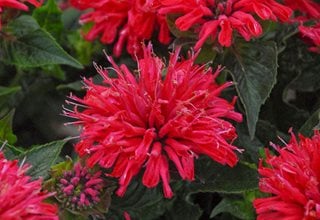
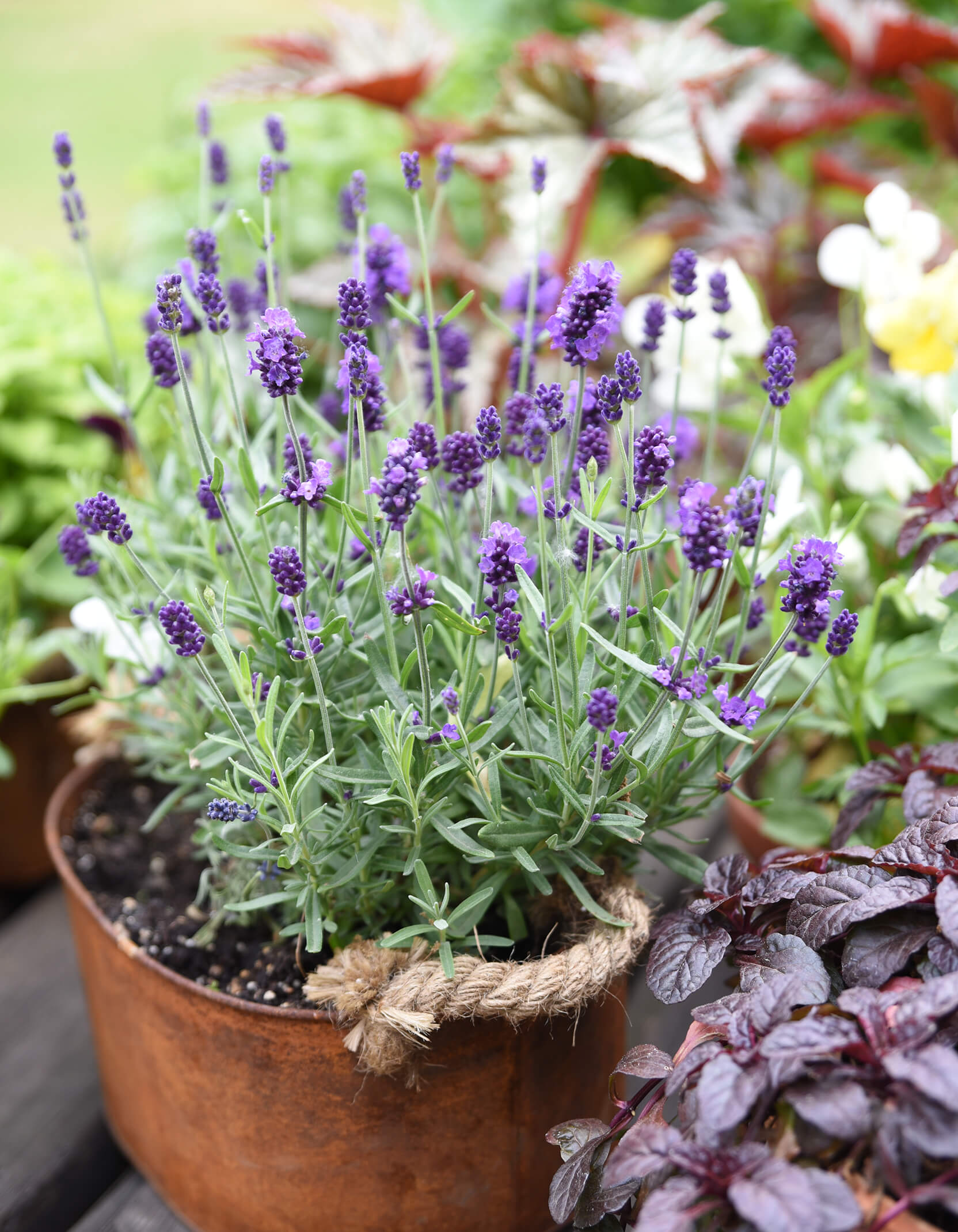
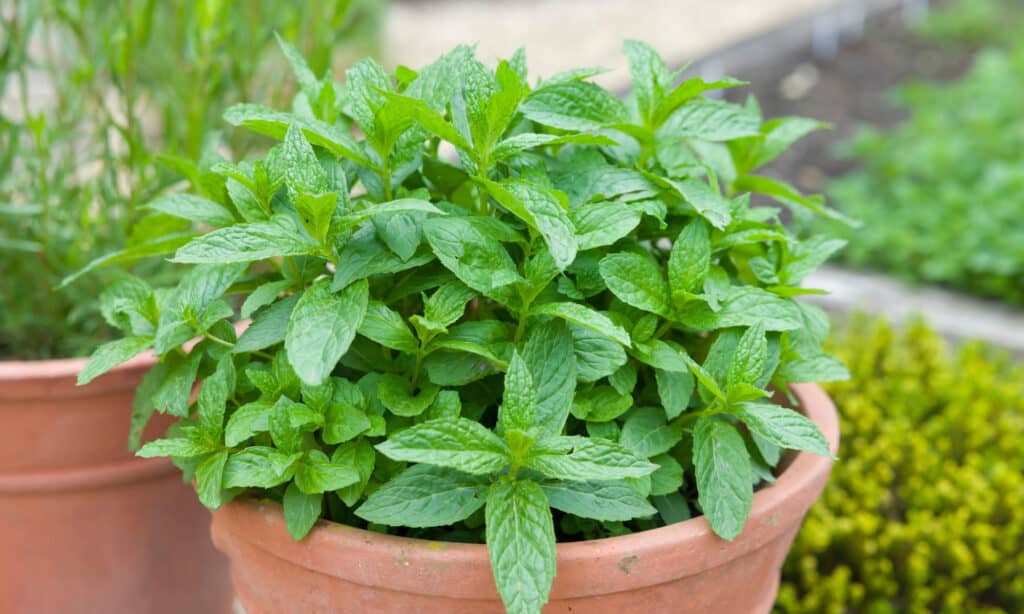

- Shrubs: There are also a number of shrubs that can grow well under a black walnut tree. Some popular options include azalea, hydrangea, Japanese maple, and spicebush.


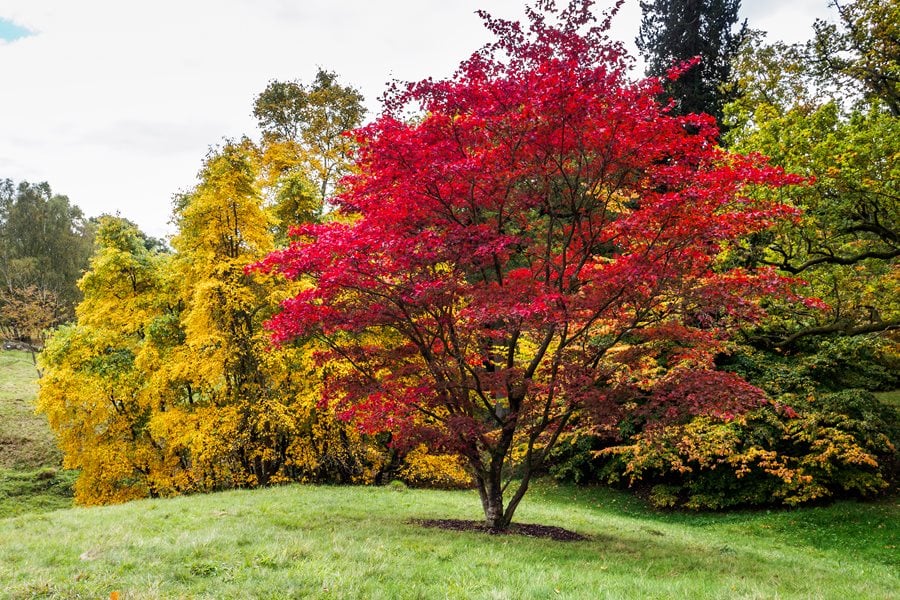
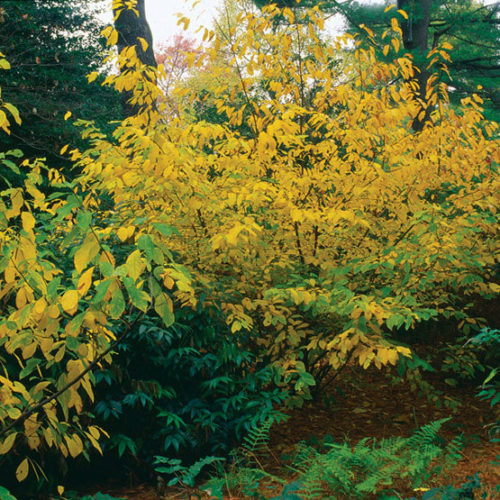
- Trees: There are also a few trees that can tolerate juglone. Some popular options include black locust, catalpa, Eastern redbud, and hackberry.
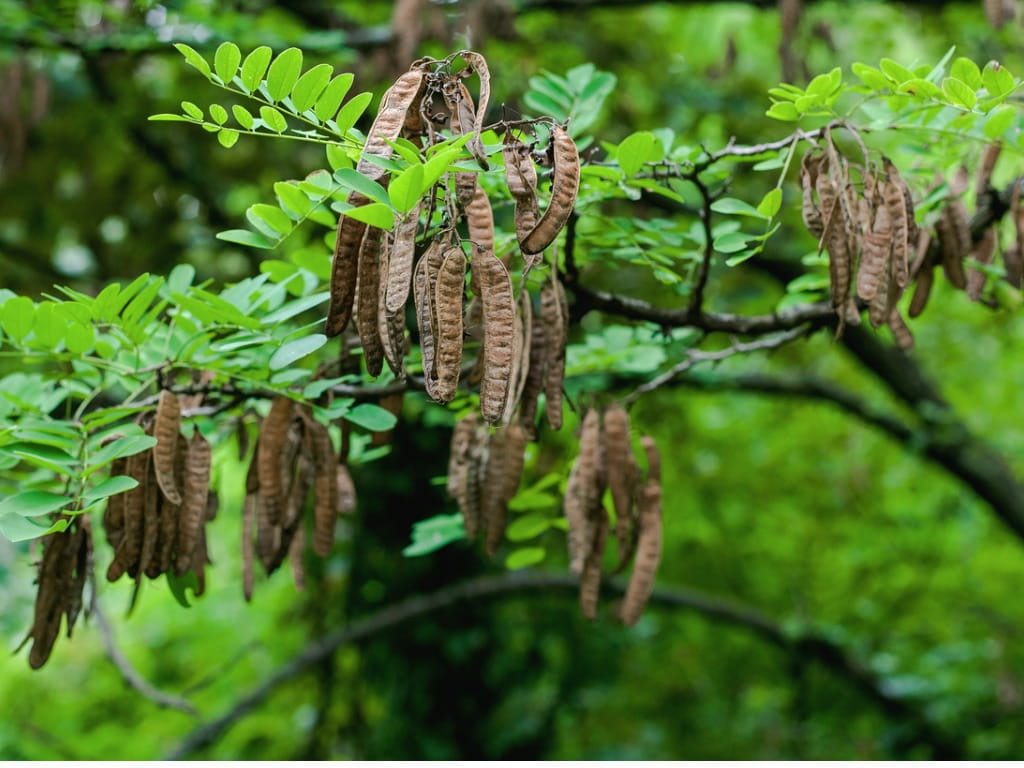
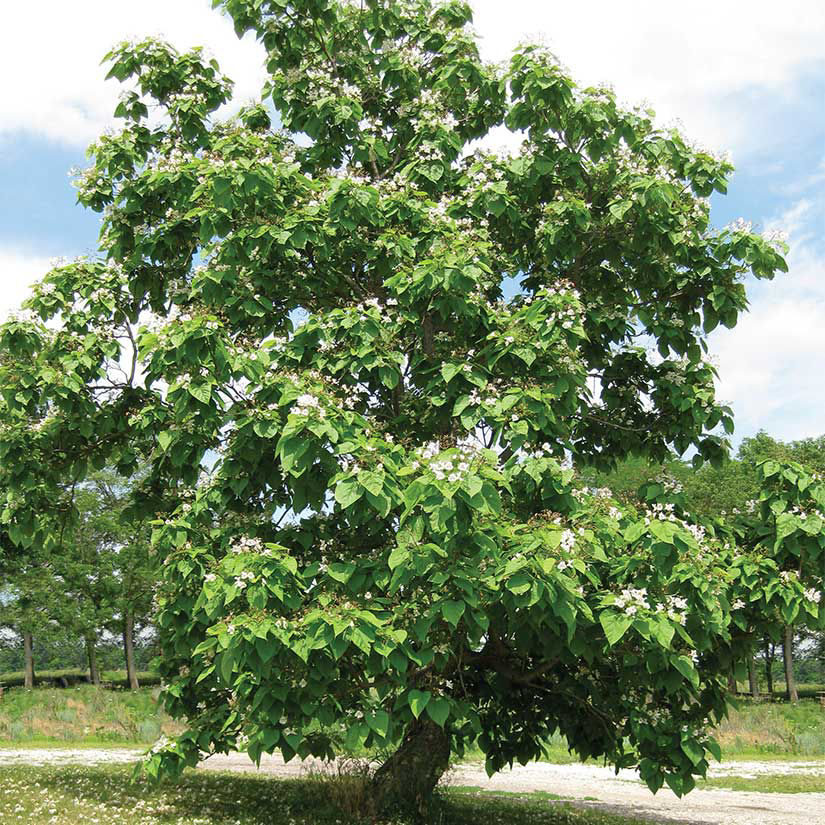
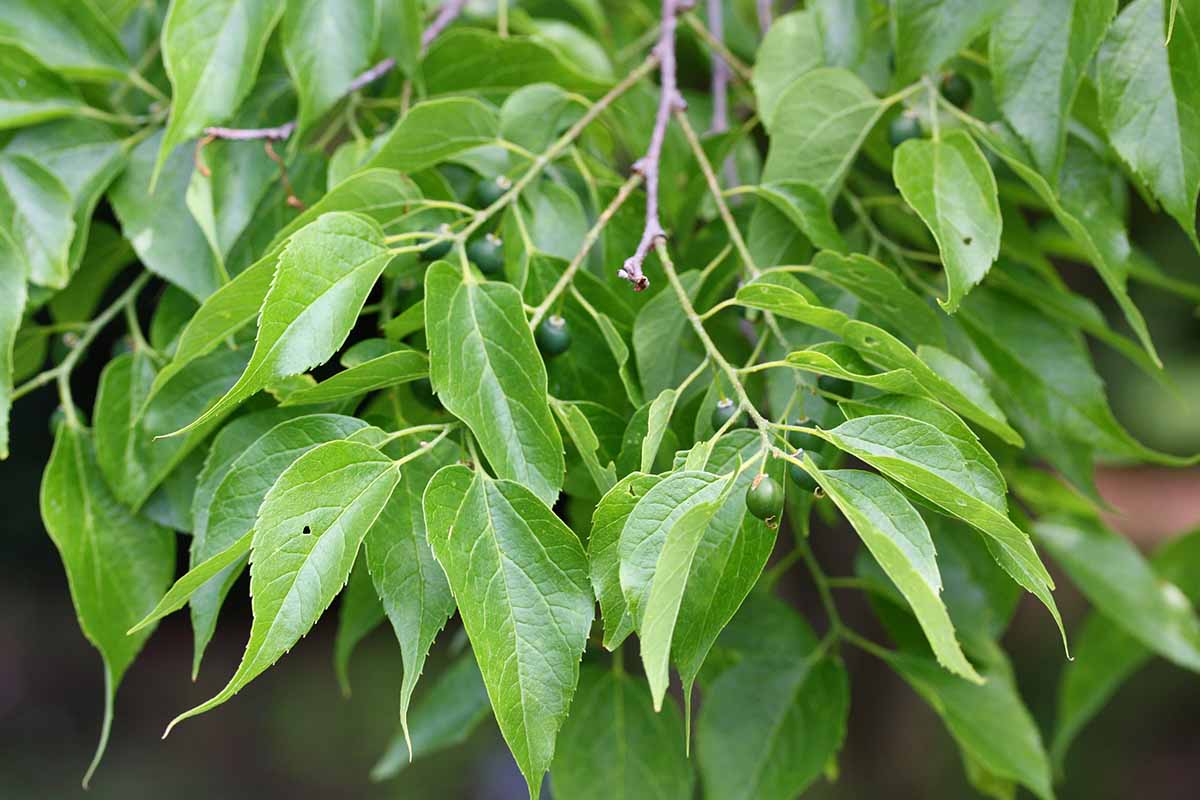
Tips for Planting and Caring for Companion Plants Under a Black Walnut Tree
When planting companion plants under a black walnut tree, there are a few things to keep in mind:
- Choose plants that are tolerant of juglone.
- Plant the plants in full sun or partial shade.
- Water the plants regularly, especially during the first year.
- Mulch around the plants to help retain moisture and suppress weeds.
With a little care and attention, you can enjoy a beautiful and thriving garden under your black walnut tree.
Conclusion
Black walnut trees can be a challenge for gardeners, but they can also be a beautiful and valuable addition to any landscape. By planting companion plants that are tolerant of juglone, you can create a garden that is both beautiful and functional.
Here are some additional tips for growing companion plants under a black walnut tree:
- Start by testing the soil for juglone levels. This will help you choose plants that are most likely to thrive in your garden.
- Plant the companion plants in a location that receives full sun or partial shade.
- Water the plants regularly, especially during the first year.
- Mulch around the plants to help retain moisture and suppress weeds.
- Fertilize the plants as needed.
With a little care and attention, you can enjoy a beautiful and thriving garden under your black walnut tree.
Black walnut trees are a beautiful addition to any landscape, but their roots produce a toxin called juglone that can inhibit the growth of other plants. If you're planning to plant around a black walnut tree, it's important to choose companion plants that are tolerant of juglone.
There are many different black walnut companion plants to choose from, including:
- Flowers: begonias, crocuses, daffodils, daylilies, ferns, hostas, lilies, phlox, sweet woodruff
- Shrubs: astilbe, forsythia, honeysuckle, Japanese maple, lily of the valley, spicebush
- Trees: black locust, catalpa, maple, redbud, sycamore
For more information about black walnut companion plants, I recommend visiting Gardenia Inspiration. This website has a comprehensive list of plants that are tolerant of juglone, as well as tips on how to plant and care for them.
FAQ of black walnut companion plants
Q: What are black walnut companion plants?
A: Black walnut trees produce a chemical called juglone, which is toxic to some plants. Companion plants are those that are not affected by juglone and can be planted near black walnut trees. Some good companion plants for black walnut include:
- Asters
- Black-eyed Susans
- Coneflowers
- Daylilies
- Echinacea
- Ferns
- Hostas
- Lavender
- Mint
Q: What plants should not be planted near black walnut trees?
A: Plants that are sensitive to juglone should not be planted near black walnut trees. Some plants that should not be planted near black walnut trees include:
- Asparagus
- Cabbage
- Eggplant
- Flowering tobacco
- Peppers
- Petunias
- Potatoes
- Tomatoes
- Autumn crocus
- Baptisia
- Columbine
- Lily (Asian hybrids)
- Peony
- Rhubarb
Q: How far away should companion plants be planted from black walnut trees?
A: The distance that companion plants should be planted from black walnut trees depends on the sensitivity of the plant to juglone. Some plants can be planted as close as 10 feet from a black walnut tree, while others should be planted at least 50 feet away.
Q: How can I tell if a plant is sensitive to juglone?
A: There are a few ways to tell if a plant is sensitive to juglone. One way is to look at the plant's family. Plants in the Solanaceae family, such as tomatoes and potatoes, are generally sensitive to juglone. Another way to tell if a plant is sensitive to juglone is to look at its leaves. If the leaves start to turn yellow or brown, or if they become twisted, the plant may be sensitive to juglone.
Q: How can I protect plants from juglone toxicity?
There are a few ways to protect plants from juglone toxicity. One way is to plant the plants in raised beds or containers. This will help to keep the roots of the plants from coming into contact with the juglone-rich soil. Another way to protect plants from juglone toxicity is to plant them in a sunny location. Juglone is more concentrated in the shade, so planting plants in the sun will help to reduce their exposure to the toxin.
Image of black walnut companion plants
- Astilbe: This herbaceous perennial is tolerant of juglone, the toxin produced by black walnut trees. It blooms in late spring to early summer with clusters of colorful flowers.

- Bee balm: This mint family plant is another good choice for companion planting with black walnut trees. It attracts pollinators and blooms in late summer to early fall.
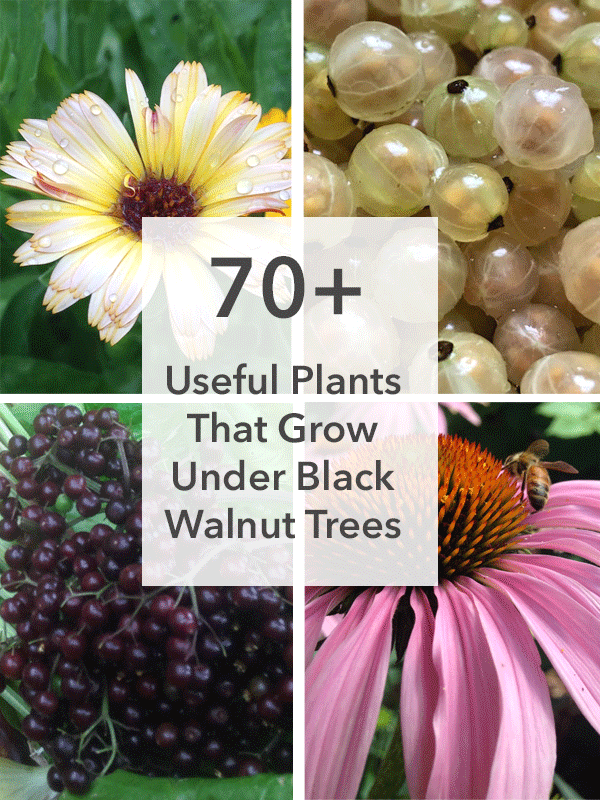
- Hosta: This shade-loving perennial is also tolerant of juglone. It comes in a variety of colors and leaf shapes, and blooms in late spring to early summer.
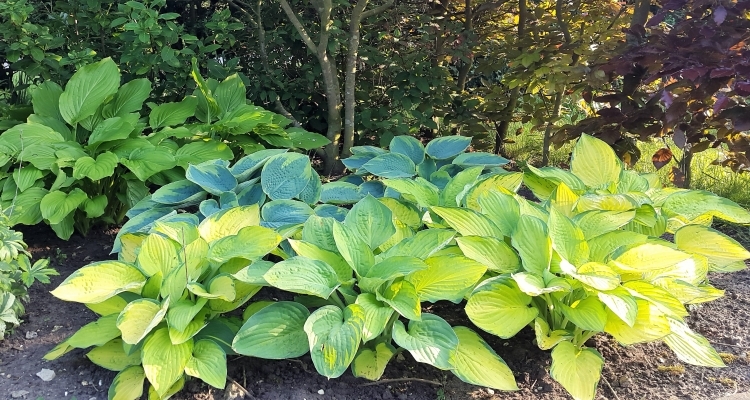
- Siberian iris: This iris species is hardy and drought-tolerant, making it a good choice for planting near black walnut trees. It blooms in early summer with blue or purple flowers.

- Sweet woodruff: This groundcover plant is known for its sweet fragrance. It is tolerant of juglone and blooms in early spring with white flowers.

Post a Comment for "Grow Your Garden Under A Black Walnut Tree With These Companion Plants"